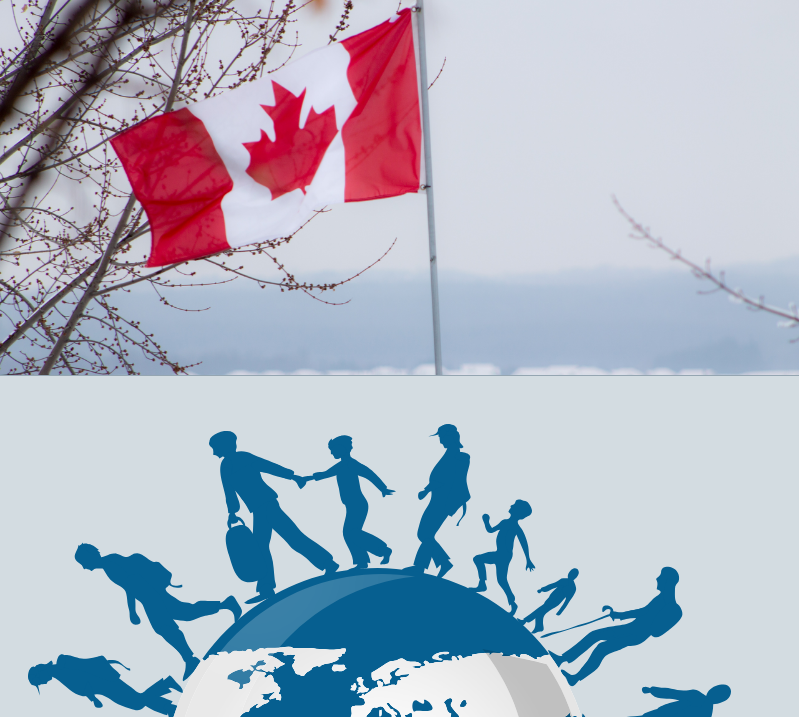A complete overhaul of Canadian immigration application processing system is in the works as the government braces for post-pandemic demand for migration to Canada. When travel restrictions begin to ease, a significant surge of applications and support requirements is anticipated, putting tremendous demand on IRCC’s global operations, and supporting branches.
Meanwhile, the government has closed or significantly scaled back many of its immigration operations, including all in-person interviews and the collection of biometrics, while many private visa centers around the globe that have contracts with Canada are also closed. In the face of so many challenges, IRCC has made great efforts to adapt, for instance, by prioritizing applications from Canadians returning to Canada, vulnerable people and people who perform or support essential services.
How the government is looking to improve application processing system?
The government is seeking to be proactive by developing new strategies, processes, and digital systems to enable it to better fulfill its mandate. For an example, IRCC would like to adapt digital processes whenever possible to minimize the need for in-person or paper-based applications. This would not only protect the safety of IRCC and the public but could also result in more efficient and faster application processing.
Ways to modernize application processing system
 Develop Digital Intake Solutions: Including the provision and implementation of digital intake tools to reduce/replace physical presence and paper-based requirements for client services and processing with digital alternatives
Develop Digital Intake Solutions: Including the provision and implementation of digital intake tools to reduce/replace physical presence and paper-based requirements for client services and processing with digital alternatives
Develop and Implement Physical Distancing Required Digital Tools: Including the provision and implementation of tools to address new physical distancing requirements, reducing physical presence requirements of both our clients and employees with digital alternatives (i.e. online citizenship testing, virtual interviewing, etc.)
Implement Robotic Process Automation (RPA): Including RPA solutions to rapidly automate simple, high volume processes, dealing with employee shortages as well as allowing employees to focus on more complex and sensitive cases.
Analytics Solutions: Including data analytics solutions to provide insights into operational volumes and processing capacities to allow IRCC to effectively respond to rapid changes in the Canadian and Global situation.
Cyber security Strategy and Services: Including the provision of tools and strategic advice to address IRCC’s increased Cyber security threat because of COVID-19.
Legacy Integration Solutions: Including the provision of technology solutions to integrate digital tools and solutions with IRCC’s case management system environment (GCMS Integration)
Advisory Services: Including the provision of advisory services to help manage the initiatives and respond to emerging operational challenges because of COVID-19.
Canada will see a major spike in permanent and temporary resident arrivals once the global health and economic situation improves. Prior pandemic, Canada was welcoming record numbers of immigrants, foreign workers, and international students. By modernizing the application processing system, the IRCC should be in a stronger position to accommodate even more immigrants once the pandemic is over.





